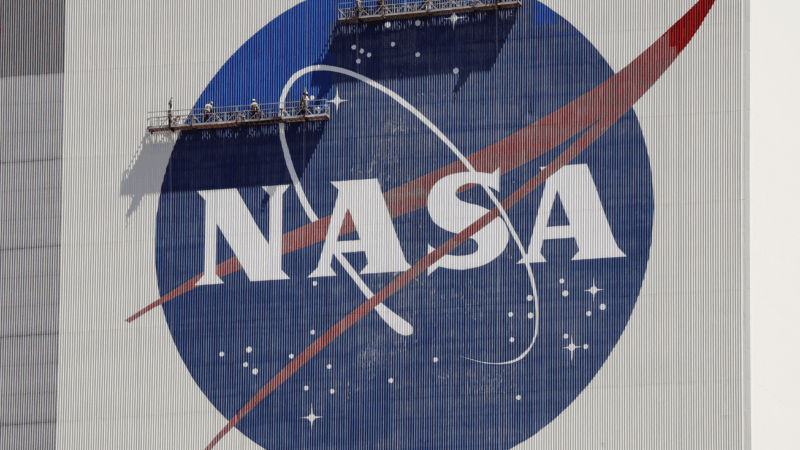Nearly 4,000 NASA employees opt to leave agency through deferred resignation program
Nearly 4,000 NASA employees have opted to leave the space agency through the Trump administration’s deferred resignation program, NASA said on Saturday.
The cuts amount to an estimated 20% of NASA’s workforce, and will reduce the agency from 18,000 to 14,000 employees, NASA spokesperson Cheryl Warner said in a statement shared with NPR. The total number includes the agency’s loss of 500 other workers due to normal attrition, she said.
During a second round of the program, which closed at midnight Friday, 3,000 employees applied to leave the agency, Warner said, following the 870 employees that applied to leave during the first round.
The resignations follow the Trump administration’s plan to reduce the federal workforce and implement cuts recommended by the Department of Government Efficiency (DOGE).
NPR has reached out to the White House for comment.
It’s unclear when the full reduction of the workforce will take effect, Warner said. NASA did not respond to NPR’s questions about how the workforce cuts will affect the agency.
The administration has also proposed decreasing NASA’s budget. A fiscal year 2026 budget request released in May would reduce funding for the agency by about 24% (from nearly $25 billion to nearly $19 billion.) But the House and Senate are discussing recommendations that would keep funding for the agency around the current budget.
Concerning funding beyond the next fiscal year, however, the agency recently got a boost — reversing earlier proposals to retire some NASA programs. Trump’s One Big Beautiful Bill Act that he signed into law earlier this month, allocates nearly $10 billion in additional funding for NASA through 2032, including backing for Mars missions and plans to return to the moon.
The White House’s proposed budget cuts and changes at the agency have faced criticism from scientists and space organizations, including The Planetary Society, a nonprofit led by Bill Nye, “The Science Guy.”
“The Planetary Society believes that a great nation deserves a great space program, one that reflects our national ideals and serves the public interest,” the organization said about the White House budget proposal in May. “This proposal doesn’t merely fall short — it actively rejects that promise, undermining the rare opportunity NASA provides to build unity at home and collaboration abroad through American leadership.”
On Monday, more than 300 current and former NASA employees signed and sent a letter known as the “Voyager Declaration” to interim NASA administrator Sean Duffy, criticizing “rapid and wasteful changes” at the agency that they say include cuts to programs and research. They also urged Duffy to not implement the proposed cuts and said “they are not in the best interest of NASA.”
Swiss Alpine bar fire claims 41st victim, an 18-year-old Swiss national
Swiss prosecutors have opened a criminal investigation into the owners of Le Constellation bar in the ski resort of Crans-Montana, where a fire in the early hours of Jan. 1 killed dozens.
Sunday Puzzle: Rhyme Time
NPR's Ayesha Rascoe plays the puzzle with WBUR listener Laurie Rose and Weekend Edition Puzzlemaster Will Shortz.
Alcaraz beats Djokovic to become the youngest man to complete a career Grand Slam
The 22-year-old Spaniard's win against 38-year-old rival Novak Djokovic at Sunday's Australian Open makes him the youngest male player to win all four major tournaments.
You already know the song — now, ‘The One About the Blackbird’ is also a picture book
In The One About the Blackbird, a young boy learns to play guitar from his grandfather. And there's one song in particular that they love…
In the world’s driest desert, Chile freezes its future to protect plants
Tucked away in a remote desert town, a hidden vault safeguards Chile's most precious natural treasures. From long-forgotten flowers to endangered crops.
At a clown school near Paris, failure is the lesson
For decades, students at the Ecole Philippe Gaulier have been paying to bomb onstage. The goal isn't laughs — it's learning how to take the humiliation and keep going.







